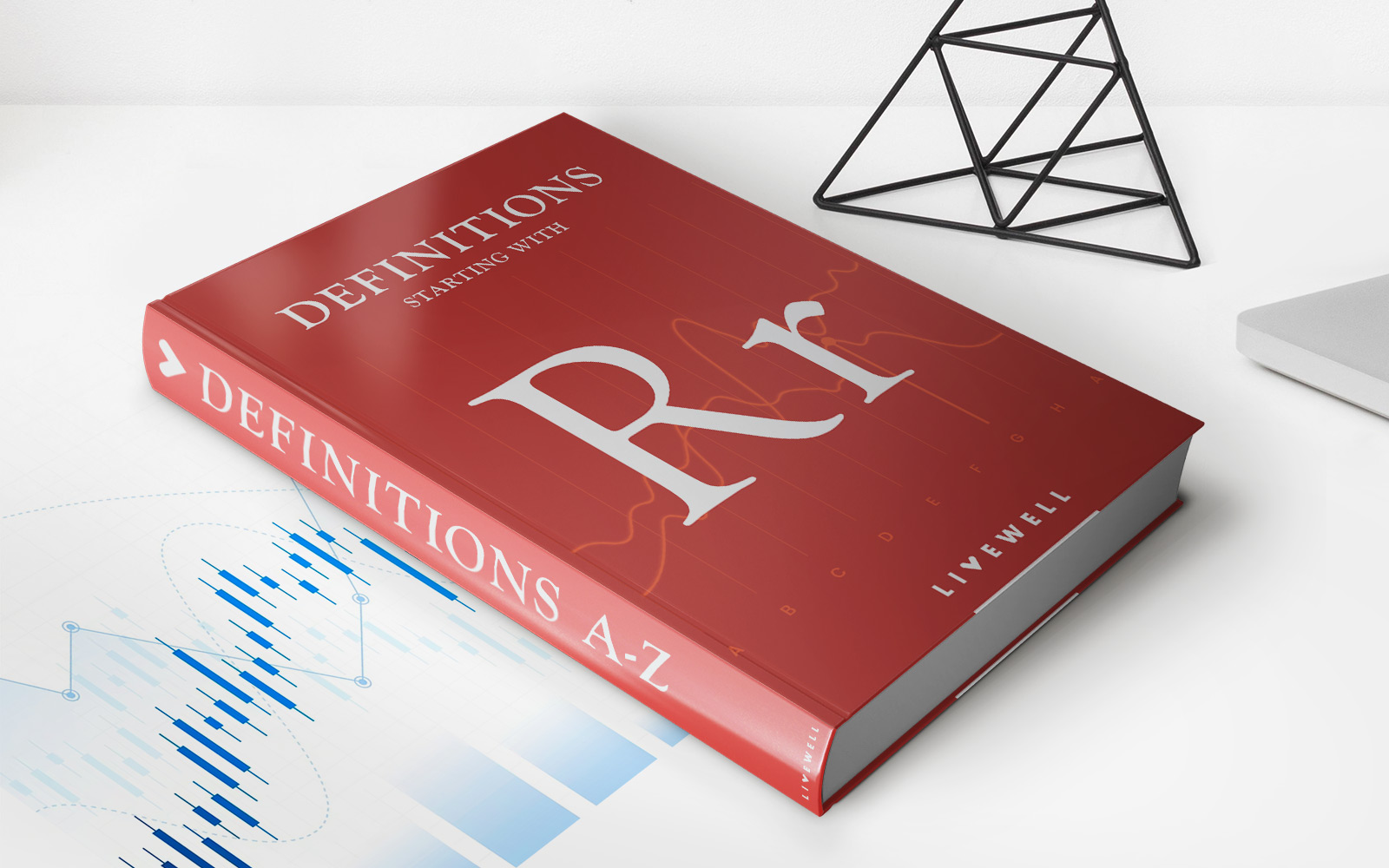Home>Finance>Information Coefficient (IC): Definition, Example, And Formula


Finance
Information Coefficient (IC): Definition, Example, And Formula
Published: December 9, 2023
Learn about the Information Coefficient (IC) in finance, including its definition, example, and formula. Discover how it affects investment decisions.
(Many of the links in this article redirect to a specific reviewed product. Your purchase of these products through affiliate links helps to generate commission for LiveWell, at no extra cost. Learn more)
Unlocking the Power of Information Coefficient (IC) in Finance
Welcome to our “Finance” category, where we delve into the intricate world of financial concepts and strategies. Today, we will explore the fascinating concept of Information Coefficient (IC) and its significance in analyzing investment decisions. Have you ever wondered how investors evaluate the quality of information they receive? Or how they measure the accuracy of their predictions? Look no further! In this blog post, we will demystify the Information Coefficient (IC) for you.
Key Takeaways:
- The Information Coefficient (IC) measures the correlation between an analyst’s predictions or recommendations and the actual outcomes in the market.
- It helps assess the quality of information, accuracy of predictions, and the skill of investment professionals.
In today’s fast-paced financial world, where data reigns supreme, making informed investment decisions is crucial. The Information Coefficient (IC) plays a pivotal role in this process. So, let’s jump in and explore this concept in more detail.
Understanding the Information Coefficient (IC)
The Information Coefficient (IC) is a statistical measurement that quantifies the relationship between an analyst’s predictions or recommendations and the actual subsequent results. It serves as a tool to evaluate the quality of information, the accuracy of predictions, and the expertise of investment professionals. In essence, it allows investors to measure the effectiveness of the information and the skills of the analyst making investment decisions.
IC values range from -1 to 1, with 1 indicating a perfect correlation between the analyst’s predictions and the market outcomes, and -1 indicating a perfect negative correlation. A value of 0 suggests that there is no correlation between the predictions and the market results.
The Formula for Calculating IC
The Information Coefficient (IC) formula is relatively simple. It is calculated by taking the correlation coefficient between the analyst’s predictions and the actual outcomes, and then multiplying it by the square root of the percent variation in the predictions that can be attributed to skill.
IC = Correlation Coefficient × √(Skill Variation)
An Example to Illustrate IC:
Let’s consider an example to better understand how the Information Coefficient (IC) works:
- An analyst predicts the future price movements of a certain stock based on their research and expertise.
- The actual price movements of the stock are later observed, and a correlation coefficient is calculated between the analyst’s predictions and the market outcomes.
- Assuming the correlation coefficient is 0.7 and the skill variation is 0.5, we can calculate the Information Coefficient (IC) as follows:
IC = 0.7 × √(0.5) ≈ 0.743
Therefore, in this example, the Information Coefficient (IC) for the analyst’s predictions would be approximately 0.743.
The Significance of IC in Finance
The Information Coefficient (IC) is highly relevant in the field of finance. It enables investors to assess the reliability and value of market forecasts provided by analysts. A higher Information Coefficient indicates a stronger correlation between predictions and actual outcomes, which implies a higher level of accuracy and expertise. This can help investors make more informed decisions and allocate their resources more effectively.
Furthermore, financial firms often use the Information Coefficient (IC) to evaluate the performance of their analysts. A higher IC suggests that the analysts possess superior skills in generating accurate predictions, adding value to the firm’s investment decision-making process.
Wrapping Up
The Information Coefficient (IC) is a powerful tool that sheds light on the quality of information, the accuracy of predictions, and the skill of investment professionals. By quantifying the correlation between predictions and market outcomes, IC aids decision-makers in assessing the reliability and value of forecasts. Understanding IC is key in making informed investment choices and evaluating the performance of financial professionals.
We hope this blog post has provided you with a comprehensive understanding of the Information Coefficient (IC) and its significance in the world of finance. Armed with this knowledge, you can now confidently navigate the complex landscape of investment decisions!














